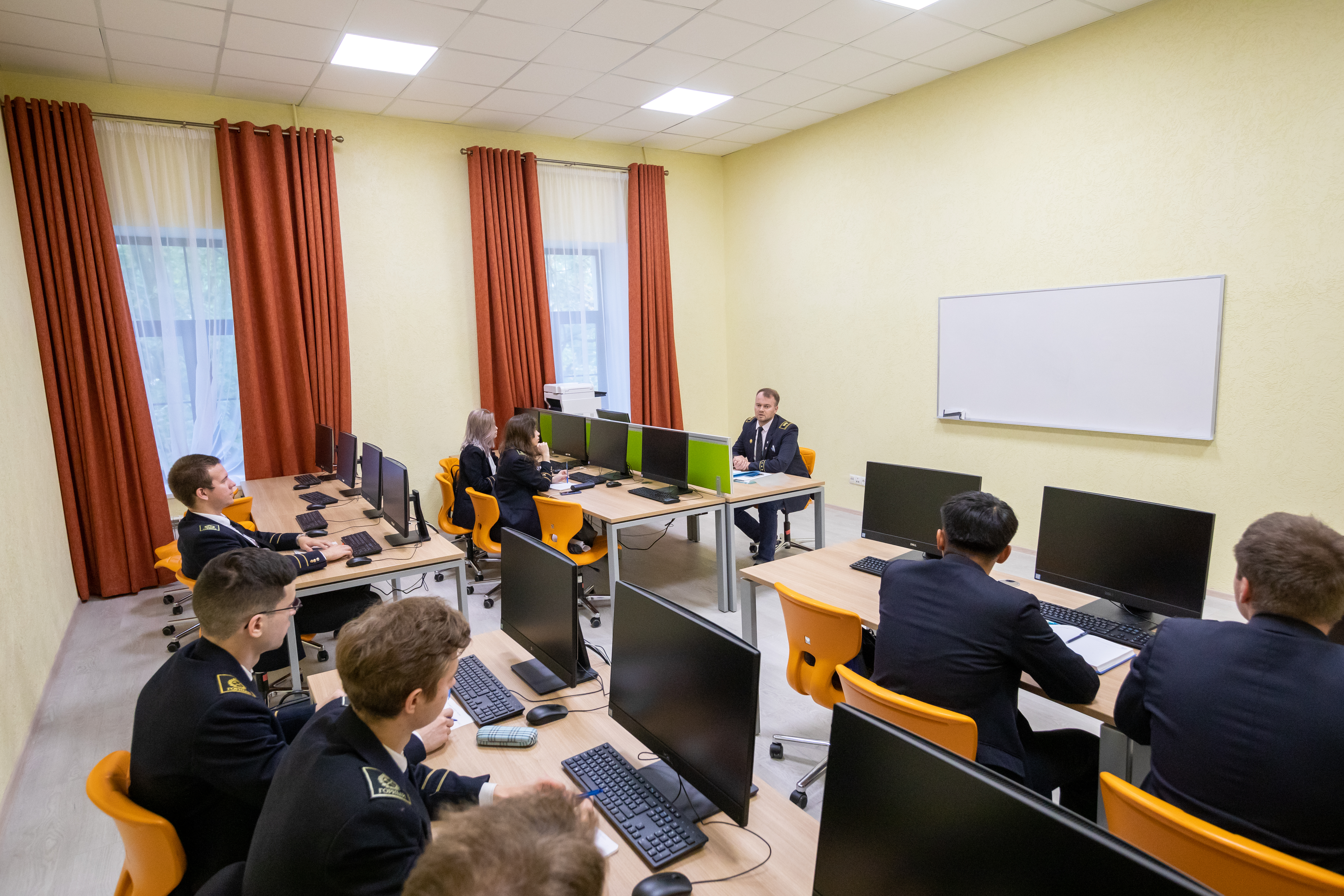In the process of training under this program, students prepare for working in the field of research (collection, processing, analysis and systematization of scientific and technical information, choosing methods and means of solving problems on the topic of research); in the field of design (analysis of the state of a scientific and technical problem by selecting, studying and analyzing literary and patent sources in automation and control); in the field of executive and management activities (support of a unified information space for planning and management at all stages of the life cycle of manufactured products); in the field of education (work as teachers at educational organizations of secondary vocational and higher education).
Broad demand on the market for specialists with in-depth knowledge of the special features of system analysis methods in decision-making at enterprises of the mineral and fuel and energy complexes;
Integrated approach to learning comprising both a classic approach to the study of applied methods of processing large volumes of information and modern teaching methods;
Opportunity to engage in scientific activities during training at St. Petersburg Mining University;
Possibility of inclusive education in foreign partner universities with the issuance of internationally recognized diplomas.
The objects of graduates’ professional activity are complex technical, information management, design and technological large systems, industrial facilities and facilities of the oil and gas sector, as well as facilities that require a systematic analytical approach to management. Places of practical training and further employment are located at industrial enterprises, including the oil and gas sector of St. Petersburg and the Northwest region of Russia. After graduation, department graduates work in various integrated, industrial and business companies, and in high-tech science-driven industries. Currently, graduates work at the Kola Mining and Metallurgical Company, the Pikalevo Alumina Association, the Norilsk Mining and Metallurgical Combine, Gazprom Distribution Ufa, GAZPROM DOBYCHA NADYM, IDEL NEFTEMASH, at Izhora Pipe Plant, in the Cable Network Lenenergo, Bashdizel, NPO IMPULS, Scientific Research Institute Vector, SRTI AVANGARD, NPO AVRORA, CSRI Prometey, Kirovsky Plant, etc. Positions that graduates take include system analysts, engineer-analysts of firms of different forms of incorporation, heads of department, general directors of companies, researchers at various design and technical bureaus, etc.
